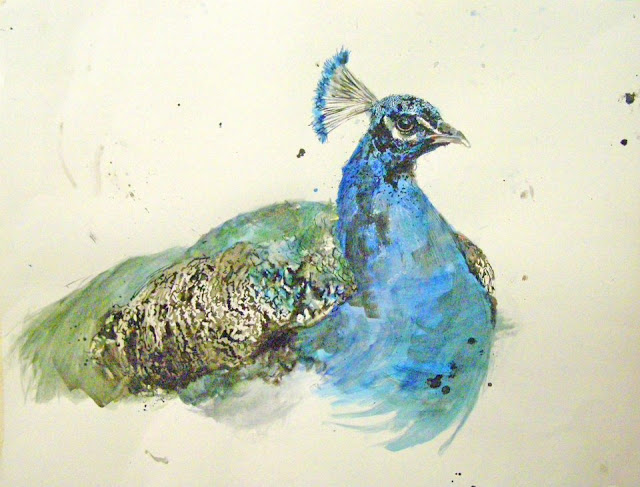Let's just say I'm still unpacking my experience of seeing Kay Ryan and Seamus Heaney and Simon Armitage and Wole Soyinka last night. I'm still unpacking it in light of all that's going on in my life right now. How unbelievably funny and serious it was, all at once. How just their presence on stage; the feeling that they knew what we were going through, made both Sarah and me cry.
But for now, I'd like to leave you with these lines and her thoughts on lightness. Flipping the heavy into the light is a Buddhist karmic idea that I've long been drawn to. I'm glad Kay feels the same.
If a fairy makes a fist
who's impressed?
How can lightness insist?
Years ago I wrote a poem that went on too long but started well; it began, "If a fairy makes a fist/ who's impressed?/ How can lightness insist?" And that is what I would still like to know: how can lightness insist? In The Unbearable Lightness of Being Milan Kundera writes wistfully of the eponymous substance, describing how Beethoven once converted a perfectly inconsequential joke into a "serious quartet." Kundera contemplates how much more remarkable it would have been if Beethoven had achieved the reverse, making "heavy go light."
I don't know why lightness isn't more talked about, more valued, more pursued in poetry. I suspect it is out of the fear that one will be"taken lightly." But I ask, is there a sensation more exquisite than the feeling of having the burden of oneself borne off by a poem? The burden only, note; not the self. One's atoms are mysteriously distanced from one another. That is to say, one still has all one's own atoms, but for the moment they are not the trouble they were.
I think it bears repeating. "Is there a sensation more exquisite than the feeling of having the burden of oneself borne off by a poem?" No, no there is not. One still has all one's own atoms, but for the moment, they are not the trouble they were. Yes.











































